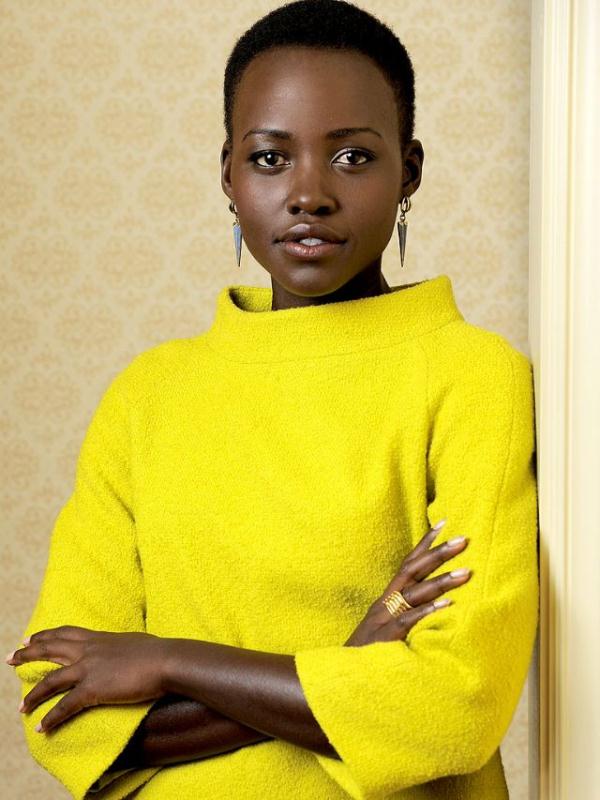by Allan Kastiro
“White means pure. Not necessarily skin but in general, that’s how I look at it, it means pure.” This is a statement made by Nigerian and Cameroonian singer Dencia, who created a controversial skin-bleaching cream called ‘Whitenicious’. In a Television interview with the United Kingdom’s Channel 4 News in March 2014, the singer responded to the criticism that her skin lightening product had received. Dencia claimed that her product was not a skin lightener but a dark spot remover however; many of the Whitenicious’ campaign ads presented Dencia’s skin tone as being lighter than her original color and this created a contradiction with her claims.
Kenyan-Mexican actress Lupita Nyong’o, who has on numerous occasions discussed the issue of standards of beauty and why girls should not find the need to use skin lighteners, also addressed the issue of products like Whitenicious in her acceptance speech at the ESSENCE awards. In the speech, Lupita Nyong’o talks about how she has been able to inspire and empower dark skinned girls around the world by showing them that black is indeed beautiful. She talks about one particular girl who wrote to her to thank her for inspiring her to love her natural skin tone otherwise she would have resorted to using Whitenicious since society and western standards of beauty make it seem as though anything less than light is not beautiful.
I think that the biggest problem in Africa today is the illusion that lighter is better. This illusion is rooted in colonialism, western-dominated capitalist culture and western standards of beauty. Many African people believe that they need to have a lighter skin tone in order to improve themselves and their status in society. That is, most African people desire lighter skin because they believe that this will change people’s outlook on them and they will be able to attain their desired jobs, get spouses or elevate to another class in the society. These beliefs stem from the fact that whiteness is viewed as being symbolic capital whereby being white or having a light skin tone is equated to competence, respectability and honorability. African people have unconsciously been taught by the west to dislike their dark skin and instead strive to achieve a lighter skin tone because they believe that it is much more accepted and desired.
A number of people who use skin lightening products argue that desiring a lighter skin has nothing to do with self-hate or wanting to be white but is as a result of insecurities and low self-esteem. An example is that of South African musician Nomasonto ‘Mshoza’ Mnisi who changed her skin complexion and is now lighter than she was originally. To her, skin-bleaching is a personal choice and is no different from breast implants or a having nose job. Mnisi says that the main reason she bleached her skin was to see what it would be like to be white as she had been dark for a long time. (Pumza Fihlani, 2013) Although Mnisi says that she is not self-hating and does not aim to be white, her attitude towards her natural skin tone says otherwise. It also leads me to question why she would feel less confident or have a low self-esteem if she was indeed proud to be black as she so often claims.
In conclusion, I believe that Whiteness or in this case, lightness as a symbolic capital has created a generation of African people who lack self-worth and confidence in their natural skin tone and this has resulted into the use of skin lightening products which in the long run damage their skins and might ultimately lead to severe diseases like cancer. I think that this trend will not end unless the people who use these products change their views on what they perceive as the standard of beauty and develop a sense of self-worth as dark-skinned African people.
Reference
Fihlani P. 2013. Africa: Where black is not really beautiful. Retrieved on 13th 2014 from http://www.bbc.com/news/world-africa-20444798




Pingback: 10 ways the beauty industry tells you being beautiful means being white | zed360